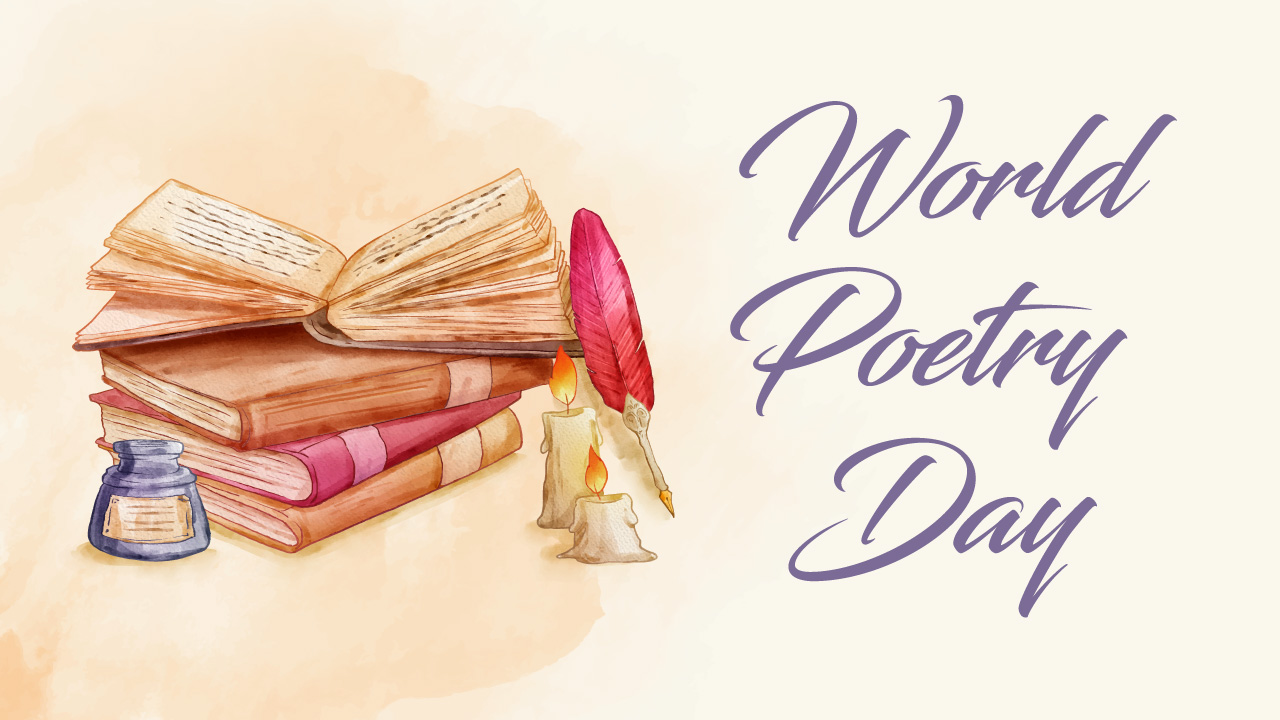Importance of Poetry:
Poetry is a form of art that uses language to express emotions, thoughts, and experiences in a creative and imaginative way. It is a powerful tool that can evoke feelings of joy, sorrow, love, and empathy in the reader or listener.
Poetry can also serve as a means of social commentary, bringing attention to issues of social justice, inequality, and human rights. Through its use of metaphor, imagery, and rhythm, poetry can capture the essence of a moment or a feeling, and convey it to others in a way that is both universal and personal.
The Therapeutic Benefits of Poetry:
Poetry can have therapeutic benefits, helping individuals to process difficult emotions, express themselves creatively, and find a sense of meaning and purpose in their lives. Studies have shown that reading and writing poetry can reduce stress, improve emotional well-being, and enhance cognitive function. Poetry can also be used in therapy to help individuals cope with trauma, grief, and mental health issues. It can provide a safe space for individuals to express themselves and connect with others who share similar experiences.
Promoting Poetry:
Promoting the art of poetry is an essential part of celebrating World Poetry Day. Education plays a crucial role in promoting poetry, and schools can organize events to encourage students to read and write poetry. Community centers, libraries, and bookstores can also organize poetry readings, open mics, and workshops to promote the art of poetry. These events can provide a platform for emerging poets to showcase their work, and for established poets to connect with their audience.
Ways to Celebrate World Poetry Day:
There are many ways to celebrate World Poetry Day, both individually and collectively. Here are some ideas to get you started:
- Read a poem: Take some time to read a poem by your favorite poet, or discover a new poet whose work you admire. You can find poetry books at your local library or bookstore, or browse online poetry sites.
- Write a poem: If you are feeling creative, try writing a poem of your own. You don't have to be an expert writer to express your thoughts and feelings in verse. Use your own experiences, emotions, and observations as inspiration.
- Attend a poetry reading: Look for poetry readings or events in your community, or attend a virtual reading online. Listening to poetry can be a powerful experience that connects you with the emotions and perspectives of others.
- Share a poem: Share a favorite poem with friends, family, or coworkers. You can read it out loud or send it in a message or email. You never know who might be inspired or moved by your selection.
- Explore different cultures: Take the opportunity to explore poetry from different cultures and languages. You can discover new perspectives and gain a deeper appreciation for the diversity of human expression.
Preserving Cultural Heritage:
Poetry is also an important way to preserve cultural heritage.
 |
| World Poetry Day: Celebrating the Beauty and Power of Poetry |
Many traditional societies have used poetry as a means of passing down history, culture, and customs from generation to generation. By promoting the reading and writing of poetry, we can help to preserve cultural heritage and promote cultural diversity.

